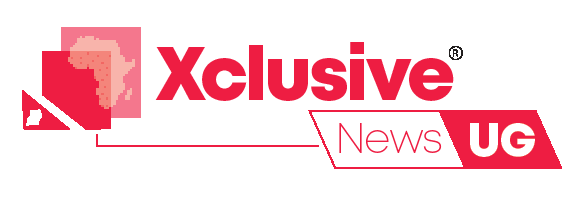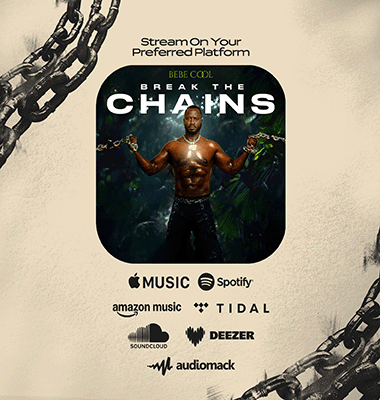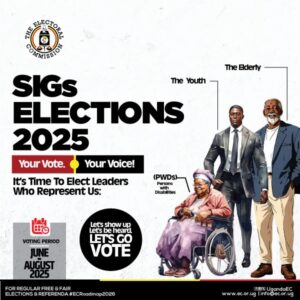By Esther Oluka
In Uganda, faith leaders occupy a powerful space in society.
From churches and mosques to community prayer gatherings, they guide morals, mediate conflicts and influence daily choices.

But their role can also extend beyond the spiritual: they can help protect vital public health resources. Government-supplied medicines, delivered by the National Medical Stores (NMS), remain vulnerable to theft, stockouts and informal payments. While laws exist, curbing these problems requires more than enforcement – it requires trusted voices that command community confidence.
“Faith institutions offer a powerful platform for community education,” says Kampala preacher Moses Akanga.
“Religious leaders can use sermons, Friday prayers, or youth forums to remind followers that government medicines are free and labelled ‘Not for Sale.’”
Such messages can resonate more strongly than official announcements. Many health workers also worship in the same congregations they serve. “A word from a respected pastor, sheikh, or elder can influence ethical decisions in ways formal supervision cannot,” adds Seith Mukasa, a community mobiliser in Kyebando, Kampala.
Beyond preaching, religious leaders can provide safe spaces for whistleblowers fearful of reporting malpractice. By relaying concerns to local councils or Resident District Commissioners, they can shield communities and demand accountability.
Medicine theft is not only a supply-chain issue but a moral one – depriving the sick of treatment and eroding public trust.
By shifting conversations from blame to responsibility, religious leaders can inspire collective action towards a more honest health system.The author is a midwife in Soroti.






